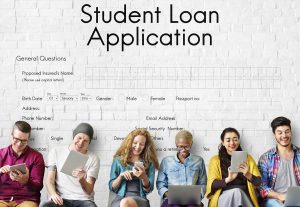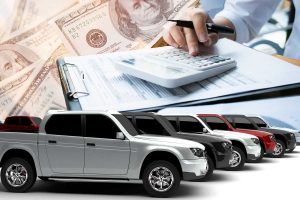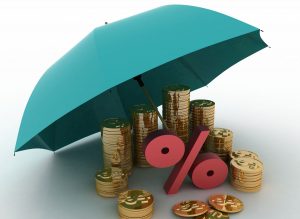Many of the most common types of loans (student loans, credit cards, and personal loans) all fall into the category of unsecured loans. You might leave you wondering if car loans are also unsecured. We have looked into this to get the answer that you need!
Car loans are almost always a type of secured loan.
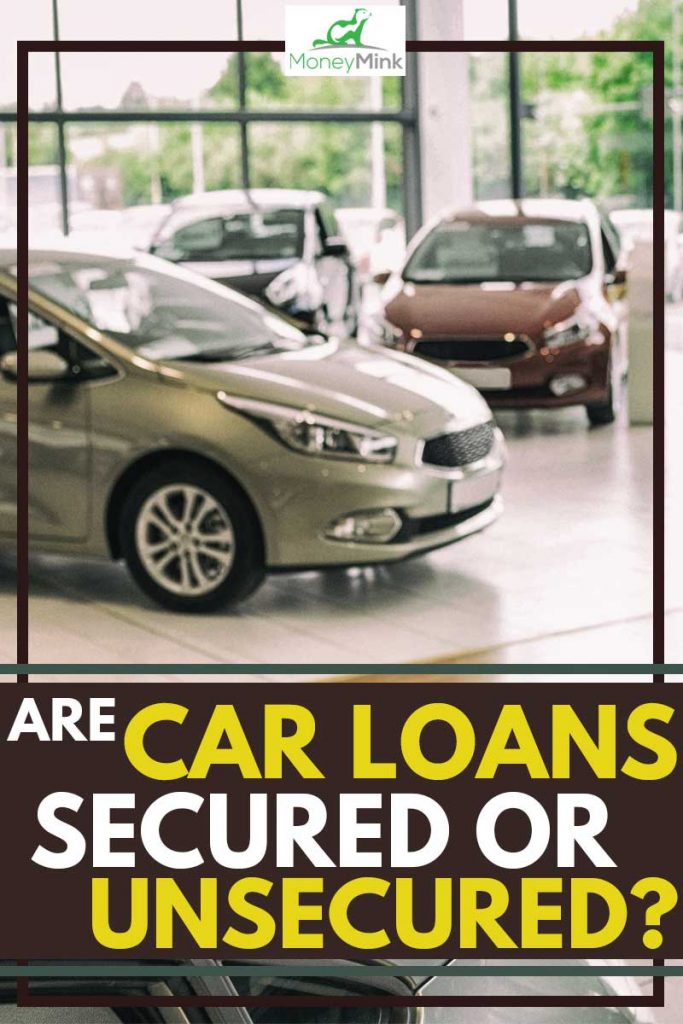
Depending on your credit score, this can be beneficial in you obtaining a car. Although, it can still come with its drawbacks as well. Continue reading for a detailed explanation.
What is the Difference Between a Secured and an Unsecured Loan?
The first thing to understand is the difference between secured and unsecured loans.
Unsecured Loans
As mentioned before, unsecured loans include credit cards and personal loans. Investopedia defines this as loans issued and only supported by the creditworthiness of the borrower. To get an unsecured loan, you'll need a excellent credit score. If yours is too low, you'll need to find a creditworthy co-signer that can take on the debt should you not be able to.
These loans are at high risk for lenders. Without the lender receiving anything as a "just in case," they rely solely on your good credit, which is why the requirements are so high. If you were to default, the lender will either send debt collectors your way or take you to court. (We'll dive deeper into this later in the article.)
Secured Loans
Secured loans, on the other hand, are less risky for lenders. These loans require something as collateral. If you default on these loans, whatever the asset used for collateral will be taken from you. Lenders feel more comfortable issuing these loans because, in the worst-case scenario, they can sell your asset(s) for money. But if that money isn't enough to cover the balance, the lender will expect you to pay the remaining balance.
Examples of secured loans include the following:
- Secured credit cards (credit cards that you submit a variable cash deposit first)
- Mortgages (the home is the asset used for collateral)
- Car and title loans (the car is the collateral)
What are the Main Advantages to a Secured Loans vs. an Unsecured Loan?
Your credit score is essentially the basis for answering this question.
Why Secured Loans Have the Advantage
The main advantage of a secured loan is the fact that credit score won't play as big of a factor. Because the lender has an asset to claim for security, it's much easier to obtain these loans. With that asset under their rights to ownership, you also can borrow larger amounts of money. The interest rate will be noticeably lower than an unsecured loan as well. You could even benefit from taking tax deductions, but that depends on the type of secured loan.
All that being said, please don't take out a larger loan than what's needed just because you can. Whatever the asset that was used as security will be taken if you can't financially cover the loan.
So before taking a car loan, make sure your finances are in order, so you don't have it taken away from you.
What are the Advantages of an Unsecured Loan
The quality of your credit alone determines if you can get this kind of loan. The better your credit, the likelier you are to obtain an unsecured loan. It also equals access to borrowing a higher amount of money. If your credit isn't good enough to qualify, a creditworthy co-signer can help. Just note that they're taking the risk of their credit being harmed if you can't make the payments.
In addition to decent credit, the lender will examine your income. Show the lender your recent pay stubs and bank statements to show you can financially take a loan. This applies to secured loans too, but it has more weight in the decision process for unsecured loans.
Can an Unsecured Debt be Collected?
When you fail to make payments, lenders will do anything within their limitations of power to collect. The limitations include only contacting between 8 a.m. and 9 p.m., and they can only reach out to your close ones to get your contact information.
Outside of that, they can try to withhold your pay, claim collateral, or sue you in court. More details on this to follow in the next section.
What Happens if I Don't Pay my Unsecured Loan?
Financial hardships happen in life; it's hard to avoid it sometimes. But that doesn't mean you should skip on paying off unsecured loans. That will have highly unfavorable effects on you.
Collection Activities
If you're a few days past due on a payment, lenders will be contacting you somehow. That can mean by numerous phone calls, letters in the mail, or emails. The further you go without paying, the more the lenders will aggressively be reaching out.
Having more than one unsecured loan in this situation could mean multiple collection calls or letters in one day.
A Decrease in Your Credit Score
Once 30 days go by without making a payment, the lender will report it to the major credit bureaus. They'll do it again after day 60, 90, and 120. You shouldn't miss any payment, but you definitely can't let it get that far. Each report of a missed payment will significantly damage your credit score. When we say significant, we're talking by up to 110 points (depending on your current score) according to Equifax.
Taken to Court
Some lenders will press to get their money back so hard that they'll send you to court. Then you'd have to fork out even more significant money for legal expenses. If the lender wins, you'll probably have to pay their legal fees too. After that, the worst-case scenario will likely happen.
Filing for Bankruptcy
Bankruptcy is the one thing everyone does their best to avoid. It can cause so much financial, mental, and emotional turmoil.
Bankruptcy is when the courts rule you can't pay the outstanding balances. In most cases, it wipes out all of your debts and gives you a fresh start. Why is that such a bad thing?
Because your debts are forgiven AFTER all your assets are liquidated. All of the assets you own are put towards the debt you owe. If there's still debt remaining after this process, the remainder is relieved of the debt. However, not all loans can be forgiven through bankruptcy.
Even after bankruptcy, you'll still have to pay back:
- Student loans
- Child support
- Car loans if you don't let the lender repossess your car
- Government debts (taxes, fines, etc.)
Depending on whether you filed for a Chapter 7 or 13 bankruptcy, that will stay on your credit for seven to ten years respectively. That car loan will also become a public record. It may be a fresh start, but building your credit back up will be no easy task.
How to Tell if my Current Auto Loan is Secured or Not
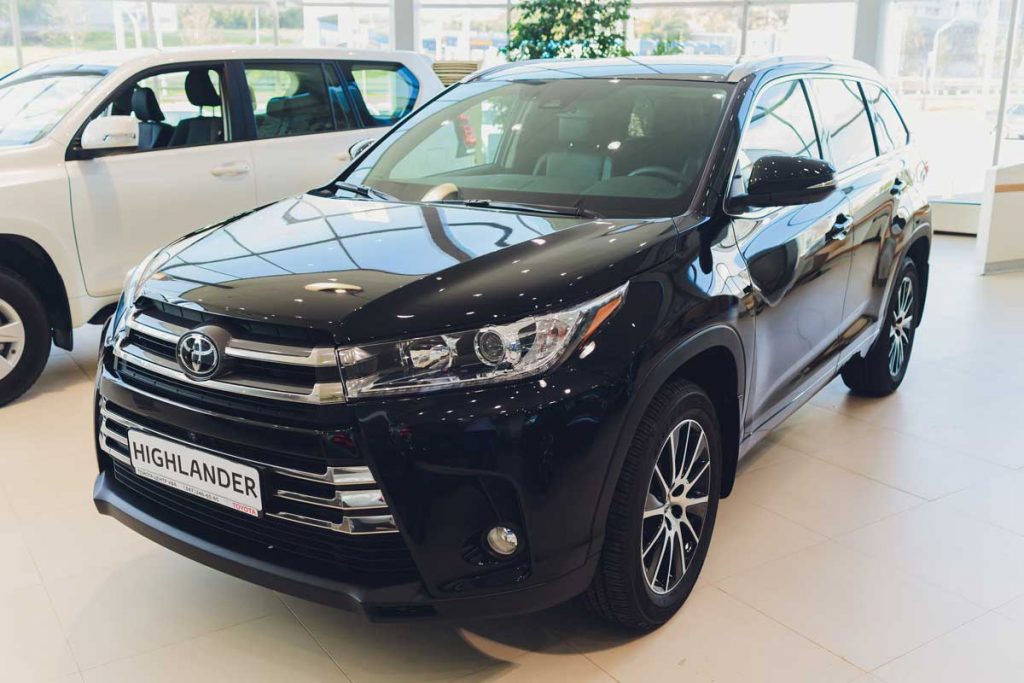
Car loans have traditionally been considered secured loans. However, unsecured car loans do exist; they're just harder to find and even harder to obtain. They are more convenient for those with superb credit.
The best way to tell what type of loan you have is to read the terms of your loan. If somewhere in the paperwork it says that the car is the collateral, you have a secured debt. Additionally, you could probably tell by the interest rate; unsecured loans will be higher than secured due to the higher risk of the lender.
One more way to tell when you're selecting the car is whether you're limited by the cars you can pick from. Normally secured car loans limit the car you choose. Unsecured car loans don't have that limitation.
Conclusion
In most cases, your car loan will be a secured loan unless your credit is very high. Regardless, make sure you're capable of making all the payments on time to avoid financial and legal risks. It may be in your best interest to pay for the car in full with cash. Most dealers would rather you take a loan, but having all cash upfront saves you from having to pay interest. If you have all of your ducks in a row, go ahead and get that car.

